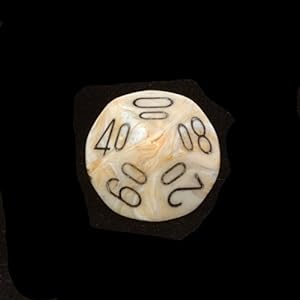Very interesting update, Glen.
The earlier development of antiseptic and/or sterile conditions will make a big impact. This is going to decrease mortality rates in hospital, especially in operations, and likely reduce child/infant death rates earlier than OTL too. Transporting this idea into the slums could give us the results of Dr Snow's work on cholera from a different direction.
As you say, the fortuitous discovery of antibiotics could easily have happened much earlier, and a link with gonorrhoea and VD means instant application. Have antibiotics been looked at as far as septicaemia and such?
One thing I've wondered about, as far as medicine in AH is concerned, is phage therapy:
Bacteriophages: http://en.wikipedia.org/wiki/Phage
Phage Therapy: http://en.wikipedia.org/wiki/Phage_therapy
I've been interested in them ever since doing my A-Level Biology coursework essay on the subject of antibiotic resistance. While any such resitance will take a while to develop, there is an alternative path out there - either as something to look at when resistance starts rearing its head, or for a country/scientist who wishes to go their own way...
The earlier development of antiseptic and/or sterile conditions will make a big impact. This is going to decrease mortality rates in hospital, especially in operations, and likely reduce child/infant death rates earlier than OTL too. Transporting this idea into the slums could give us the results of Dr Snow's work on cholera from a different direction.
As you say, the fortuitous discovery of antibiotics could easily have happened much earlier, and a link with gonorrhoea and VD means instant application. Have antibiotics been looked at as far as septicaemia and such?
One thing I've wondered about, as far as medicine in AH is concerned, is phage therapy:
Bacteriophages: http://en.wikipedia.org/wiki/Phage
Phage Therapy: http://en.wikipedia.org/wiki/Phage_therapy
I've been interested in them ever since doing my A-Level Biology coursework essay on the subject of antibiotic resistance. While any such resitance will take a while to develop, there is an alternative path out there - either as something to look at when resistance starts rearing its head, or for a country/scientist who wishes to go their own way...





